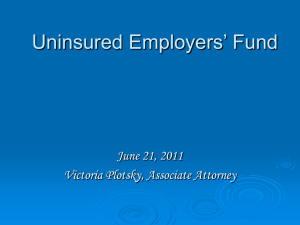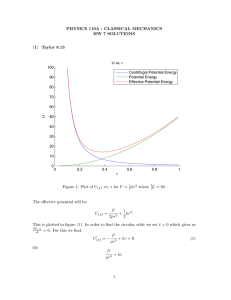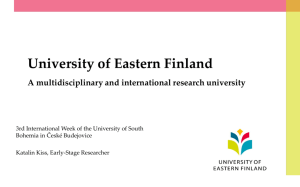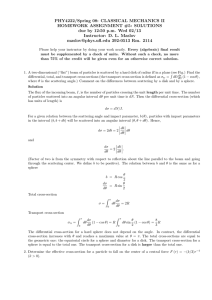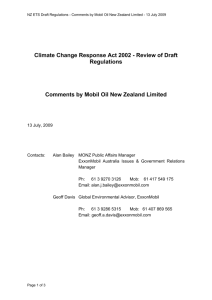For a half of century, the process of European unification has
advertisement
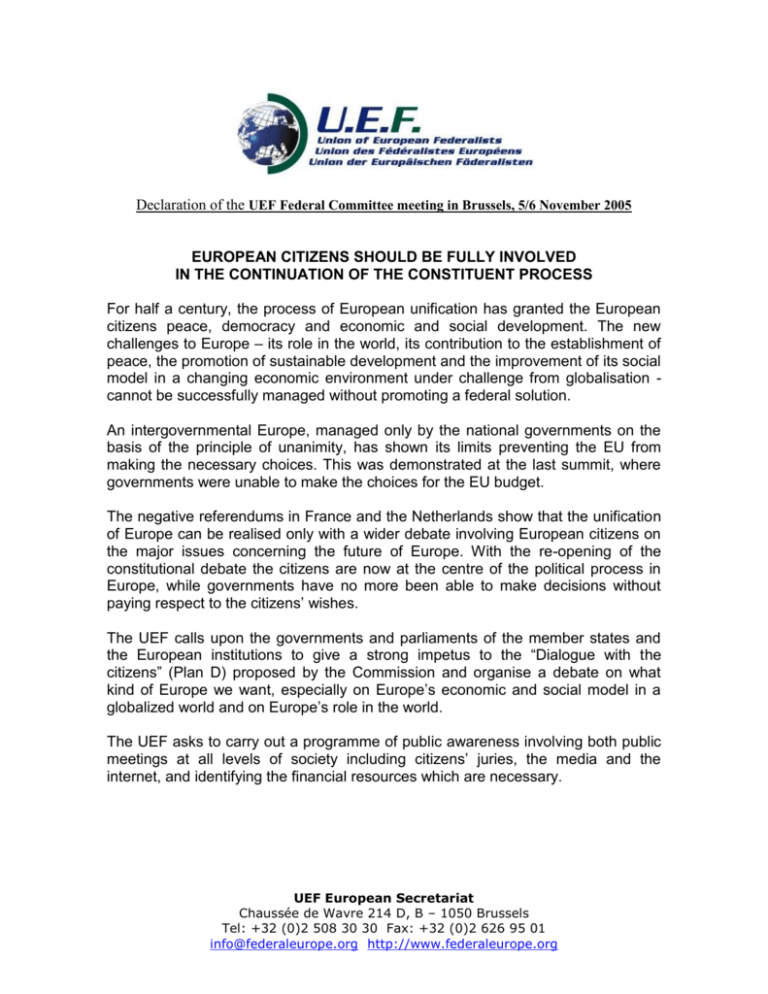
Declaration of the UEF Federal Committee meeting in Brussels, 5/6 November 2005 EUROPEAN CITIZENS SHOULD BE FULLY INVOLVED IN THE CONTINUATION OF THE CONSTITUENT PROCESS For half a century, the process of European unification has granted the European citizens peace, democracy and economic and social development. The new challenges to Europe – its role in the world, its contribution to the establishment of peace, the promotion of sustainable development and the improvement of its social model in a changing economic environment under challenge from globalisation cannot be successfully managed without promoting a federal solution. An intergovernmental Europe, managed only by the national governments on the basis of the principle of unanimity, has shown its limits preventing the EU from making the necessary choices. This was demonstrated at the last summit, where governments were unable to make the choices for the EU budget. The negative referendums in France and the Netherlands show that the unification of Europe can be realised only with a wider debate involving European citizens on the major issues concerning the future of Europe. With the re-opening of the constitutional debate the citizens are now at the centre of the political process in Europe, while governments have no more been able to make decisions without paying respect to the citizens’ wishes. The UEF calls upon the governments and parliaments of the member states and the European institutions to give a strong impetus to the “Dialogue with the citizens” (Plan D) proposed by the Commission and organise a debate on what kind of Europe we want, especially on Europe’s economic and social model in a globalized world and on Europe’s role in the world. The UEF asks to carry out a programme of public awareness involving both public meetings at all levels of society including citizens’ juries, the media and the internet, and identifying the financial resources which are necessary. UEF European Secretariat Chaussée de Wavre 214 D, B – 1050 Brussels Tel: +32 (0)2 508 30 30 Fax: +32 (0)2 626 95 01 info@federaleurope.org http://www.federaleurope.org The UEF commits itself to call – starting from Genoa in December 2005 and Vienna in June 2006 – Conventions of European citizens open to European and national members of parliaments, regional and local representatives, and organisations of civil society in order to establish a democratic dialogue with elected politicians at all levels with the aim of assessing the will of European citizens to face united the challenges of the new international environment and to give a positive solution for the future of Europe. On the basis of the debate with the European citizens and its organisations and to bring forward the constitutional process, the UEF asks: a) the European Commission to propose a plan for growth and employment in Europe aiming at the achievement of the Lisbon goals, and which would be financially based on a radically reformed multi-annual budget, enabling the Union to finance policies reflecting its political priorities; b) the member states to continue the ratification process of the draft Constitution for Europe, which has already been ratified by 14 member states, representing more than 50% of the total population of the EU; c) the European Parliament to call Parliamentary Fora (“Assises”) in order to discuss with national parliaments the fundamental issues for Europe emerging from the debates on the future of Europe and eventually to work out a positive solution to the constituent process; d) the governments of the member states, especially the heads of governments of the member states, that already ratified the Constitution, and the European Council presidents Tony Blair, Wolfgang Schüssel and their successors, to support the project of a Parliamentary Fora and the continuation of the constitutional process; e) the states that launched the initiatives in the security and defence sector (like France, Germany, Belgium, Luxembourg) to continue involving other states, with the aim of presenting a fully fledged European political project. Note to editors The UEF, founded in 1946, is an independent and non-governmental European organisation, campaigning for a federal Europe. It is presided over by Mercedes BRESSO, President of the Italian region Piedmont and former MEP.
